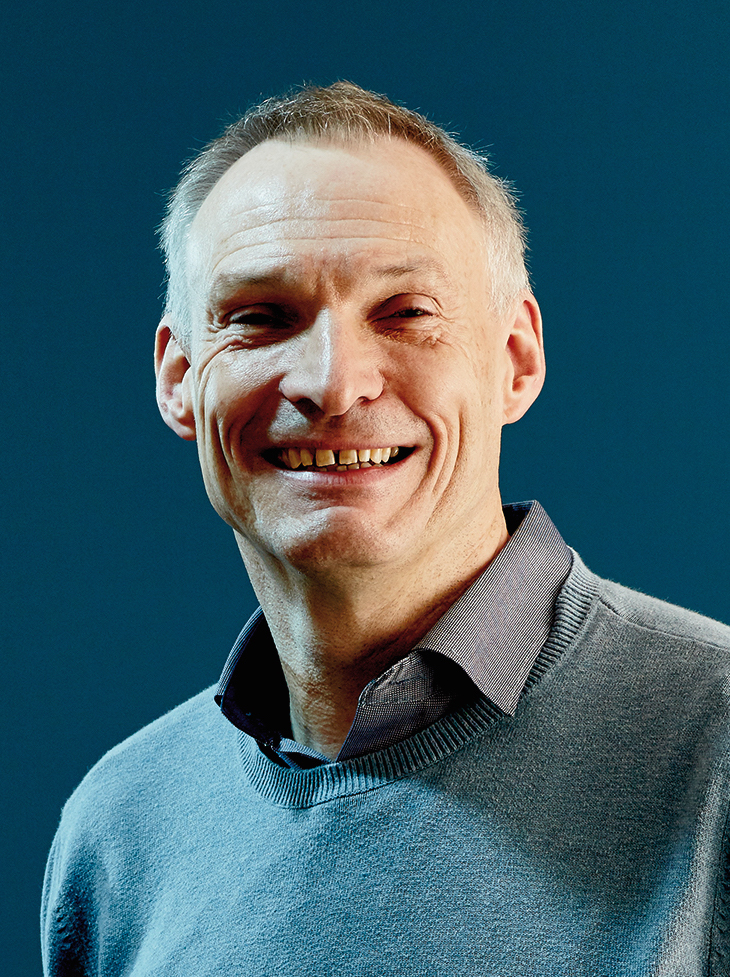Film highlights Leicester’s major role in uncovering space’s secrets
A film showcasing the significant role Leicester has played in advancing humanity’s understanding of the universe has been released to coincide with World Space Week.
The University of Leicester’s Space Park Leicester has released an updated version of its compelling short film ‘Leicester’s journey through space’ which tracks the city’s evolution as an internationally recognised space hub from the 1960s through to the present day.
Professor of Astrophysics and Space Science Martin Barstow, who is Space Park Leicester’s Director for Strategic Partnerships, said: “Leicester’s role in the development of space technology and our understanding of the universe cannot be overstated.

“Incredibly, there’s been at least one Leicester-built piece of equipment operating in space every year since 1967 and we’ve flown instruments on more than 90 space missions.
“One of our researchers became a leading NASA astronaut, our scientists and engineers have played pivotal roles in major projects, including NASA’s missions to study the Sun and Saturn and its moons, and we were the UK science lead on its Juno mission to Jupiter.
“Our technology has identified a Stellar black hole and helped to detect gamma ray bursts and monitor climate change from space.
“We managed the UK Mars lander Beagle 2 as part of the European’s Space Agency’s Mars Express mission and have been involved in the agency’s investigations of galaxy clusters and black holes and its Jupiter Icy Moons Explorer mission.
“Our scientists have also created innovative technology for the James Webb Space Telescope which is currently helping to solve some of the universe’s biggest mysteries.
“I’d strongly recommend that people take a look at our updated film about ‘Leicester’s journey through space’ – it only takes a few a minutes to watch and you’ll be amazed by what you discover.”
Space Park Leicester, the University of Leicester’s pioneering £100 million space hub, was officially opened by British astronaut Tim Peake last year and 300 people now work in space research in the city.
Leicester’s space experts are also involved in a series of forthcoming projects that will study the explosions of massive stars and solar wind and have developed technology for the Rosalind Franklin Rover which is due to launch in 2028 and will explore Mars.
Leicester’s journey through space
For more information about the University of Leicester, visit https://le.ac.uk/about. World Space Week launched on Wednesday, October 4, and runs until Tuesday, October 10. For further information, go to https://www.worldspaceweek.org


